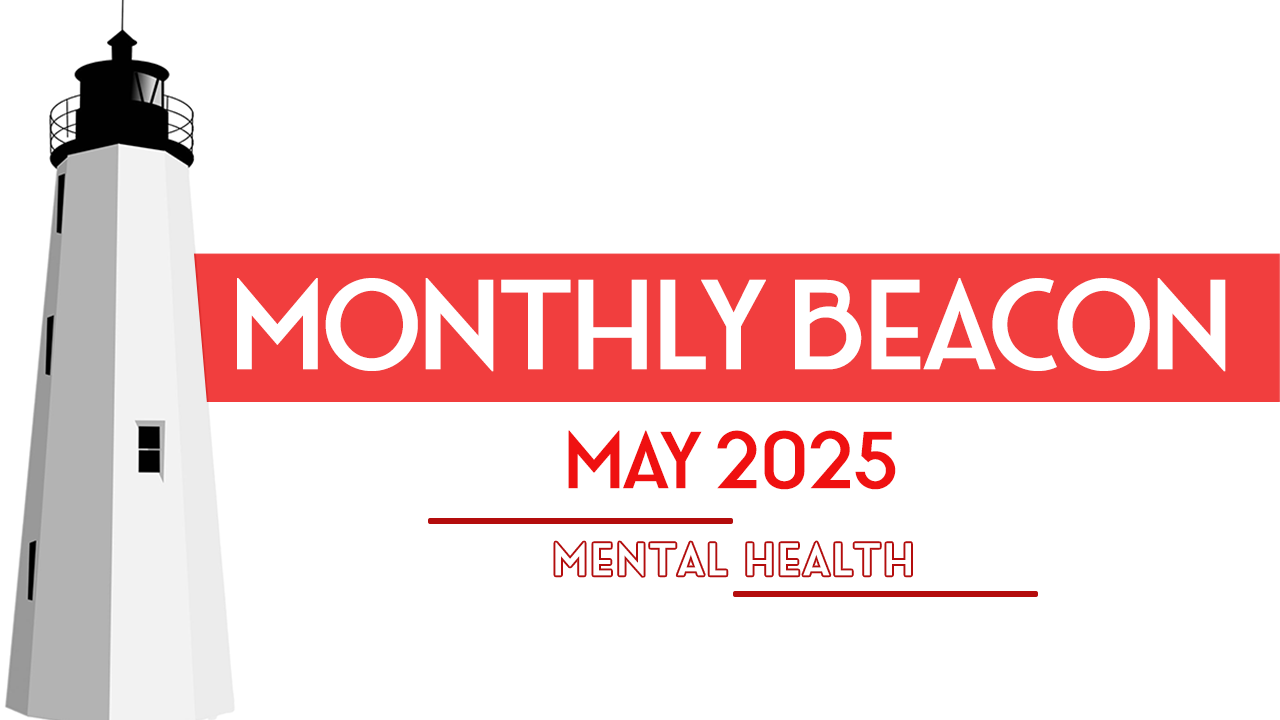THE MIND NEEDS A SHEPHERD ~By Albert Muthomi Murithi.
Posted in Monthly Beacon
Posted in Monthly Beacon

Have you ever smiled on the outside while crumbling on the inside? I have. And I know many in our Christian circles have too, especially in the quiet corners after CU meetings, during late-night devotionals, or even when leading worship. Mental health, though often brushed aside in spiritual spaces, is not a contradiction to faith— it’s a part of being human. Just as our bodies need nourishment and rest, our minds need care, love, and attention.
There was a season in my life when I wore the “strong Christian” badge so tightly it began to choke me. I thought faith meant always being okay. But I wasn’t. I was anxious, overwhelmed, and silently drowning in expectations— mine and others. I prayed, yes. I fasted, yes. But I also needed to talk. To be vulnerable. To say “I’m not okay,” and still believe God loves me. And do you know what helped me begin to heal? Honesty. Both with God and with others.
David, the man after God’s own heart, didn’t shy away from expressing his emotional turmoil. In Psalms 42:11, he says, “Why, my soul, are you downcast? Why so disturbed within me? Put your hope in God...” That’s real. That’s raw. And that’s spiritual. God isn’t scared of our sadness or confusion. He’s not disappointed by our depression or overwhelmed by our anxiety. He’s close to the broken-hearted (Psalms 34:18).
We sometimes fall into the trap of believing faith is about having it all together. But Jesus didn’t come for perfection. He went for the weary, the burdened, the wounded— people like us. He didn’t say, “Come to me all you who are winning and glowing,” but “Come to me, all you who are weary and burdened, and I will give you rest” (Matthew 11:28). And I believe that includes mental exhaustion, too.
One story I often share is of a friend who served passionately in ministry but silently battled depression. She thought admitting her struggle meant spiritual weakness. But when she finally spoke up, she was met not with judgment, but with prayers, counseling, and genuine support. That experience taught me the importance of a Christian community that listens without fixing, that holds space instead of handing out quick Bible verses like band-aids. Sometimes healing begins with simply being heard.
So, what can we do as a Christian Union? Let’s normalize check-ins that go beyond “How’s your walk with God?” to “How’s your heart?” Let’s create safe spaces where no one feels ashamed of their mental health story. Let’s remind each other that seeking therapy doesn’t mean you're faithless— it means you're wise. And most importantly, let’s anchor our healing in Christ, our Good Shepherd, who restores not only our souls but also our minds.
Dear reader, your mental health matters to God. Your feelings are not failures. Your struggles are not sins. Let’s walk together— in prayer, in truth, and love— toward healing, with the courage to say, “I need help” and the faith to believe that Jesus meets us there. Always.
By Albert Muthomi Murithi.